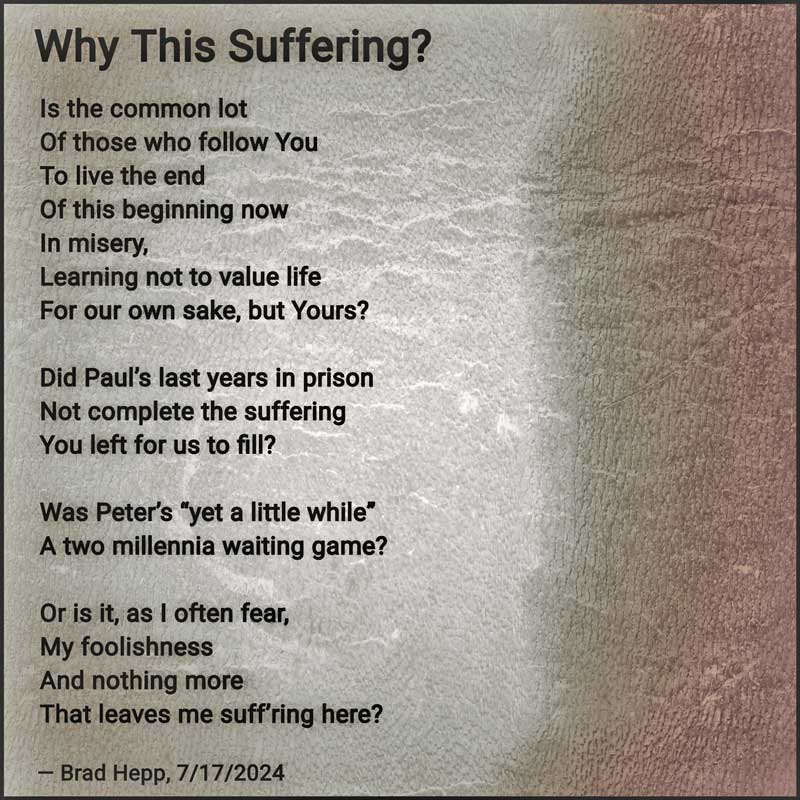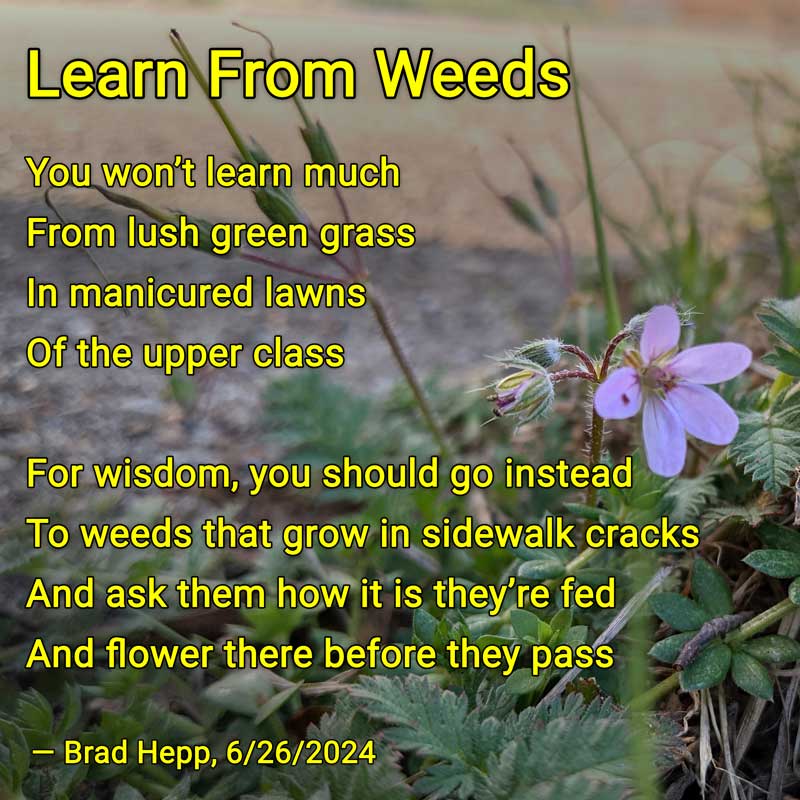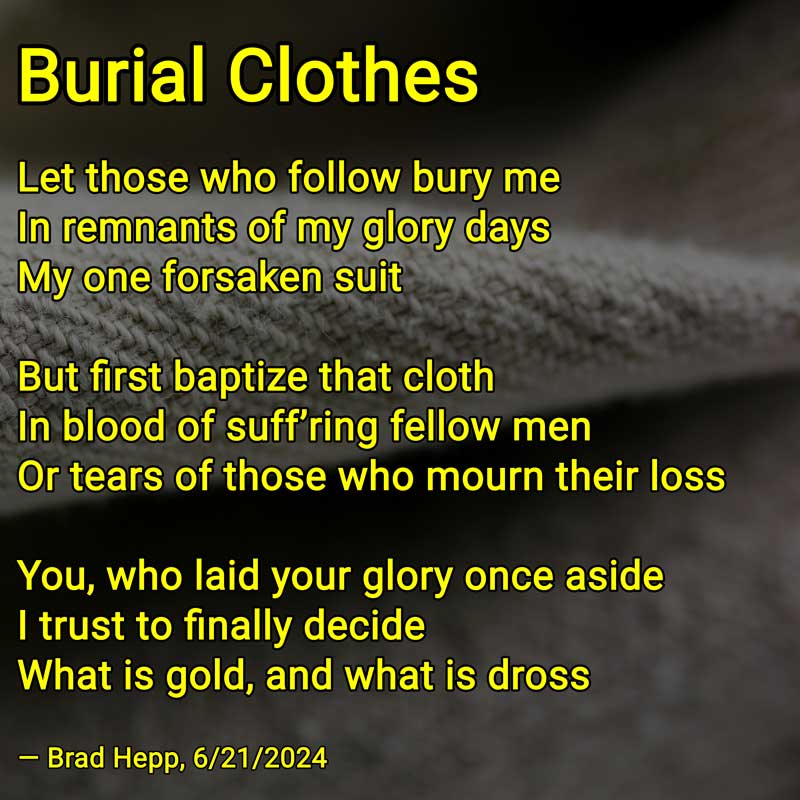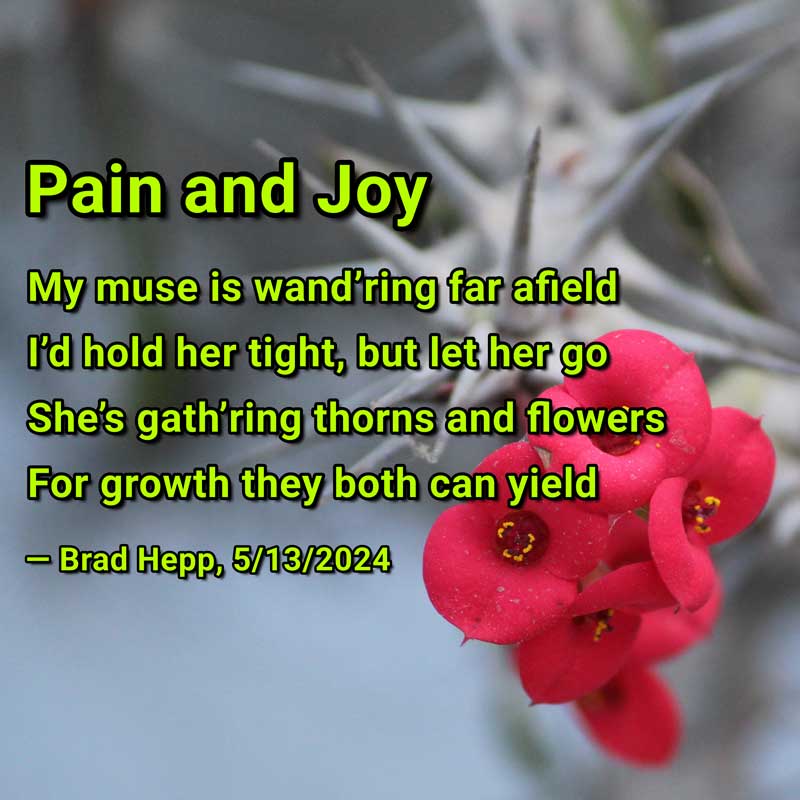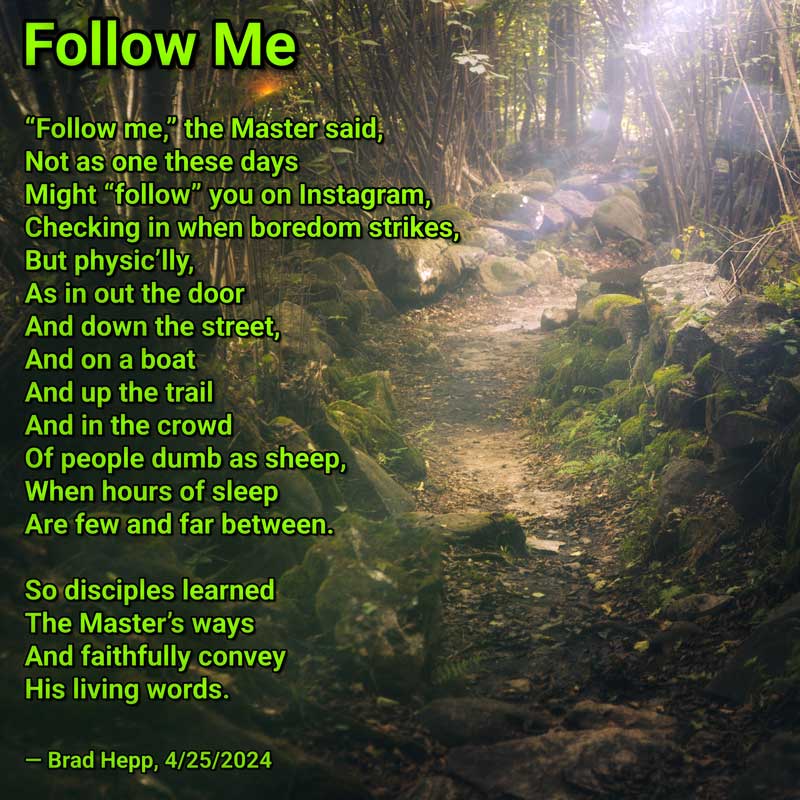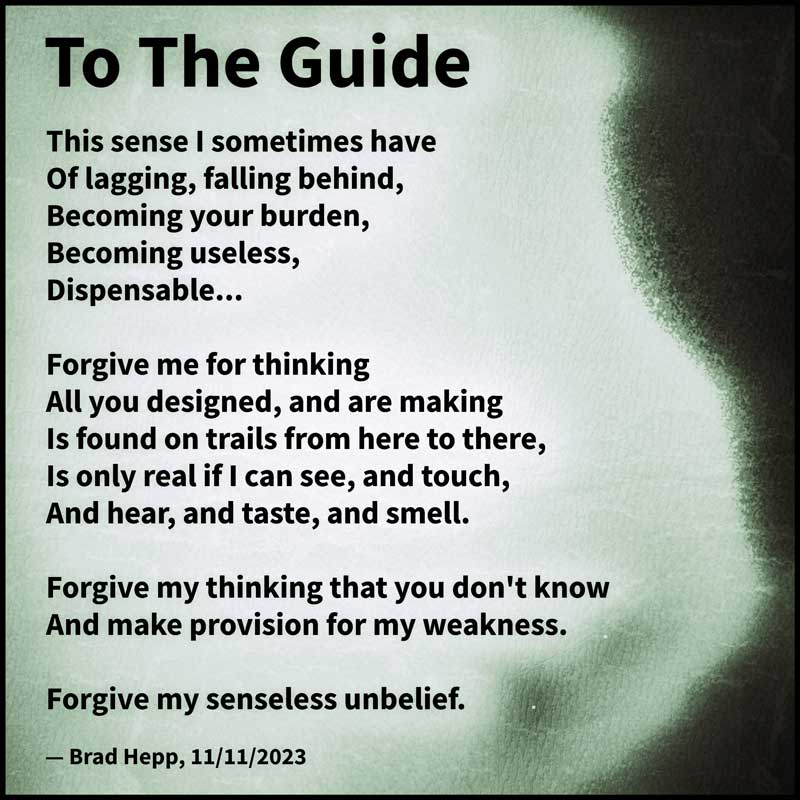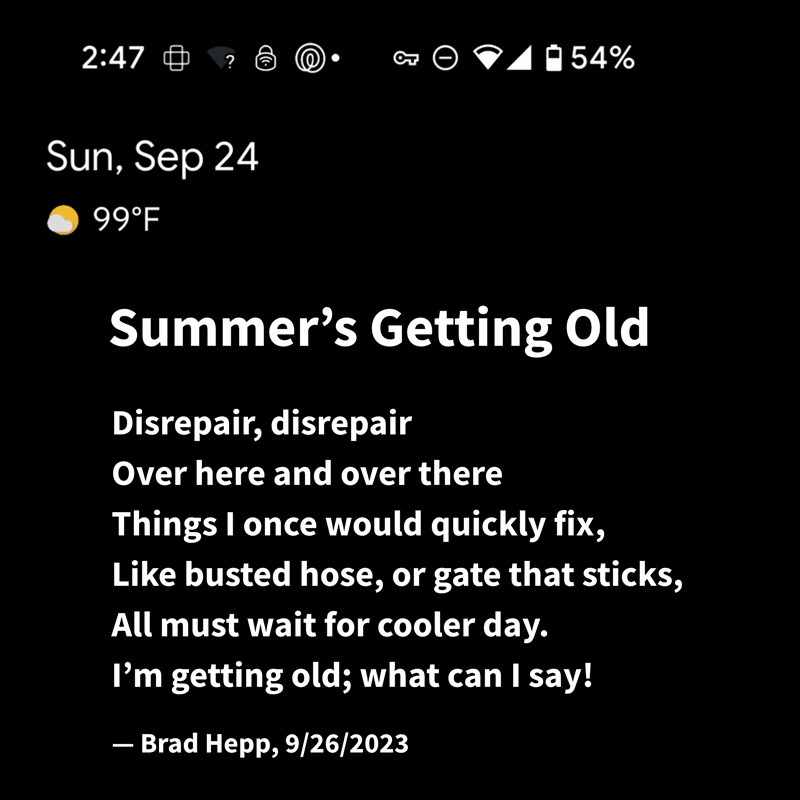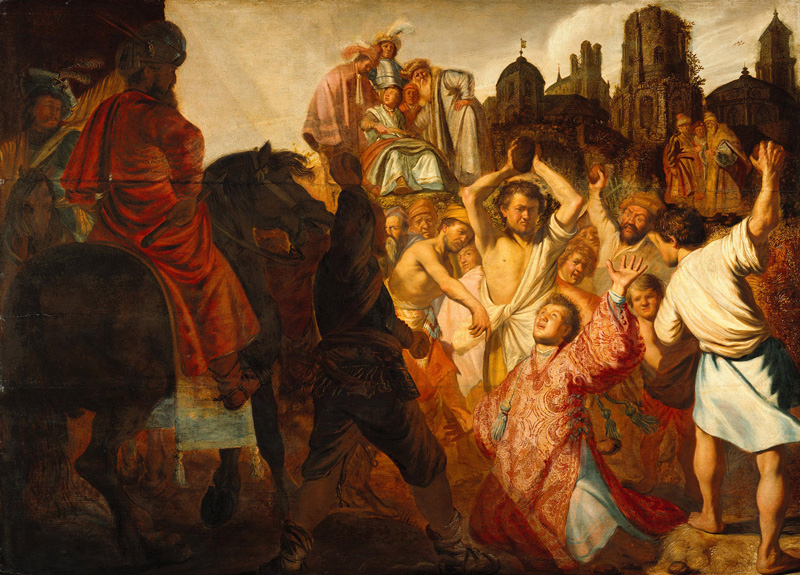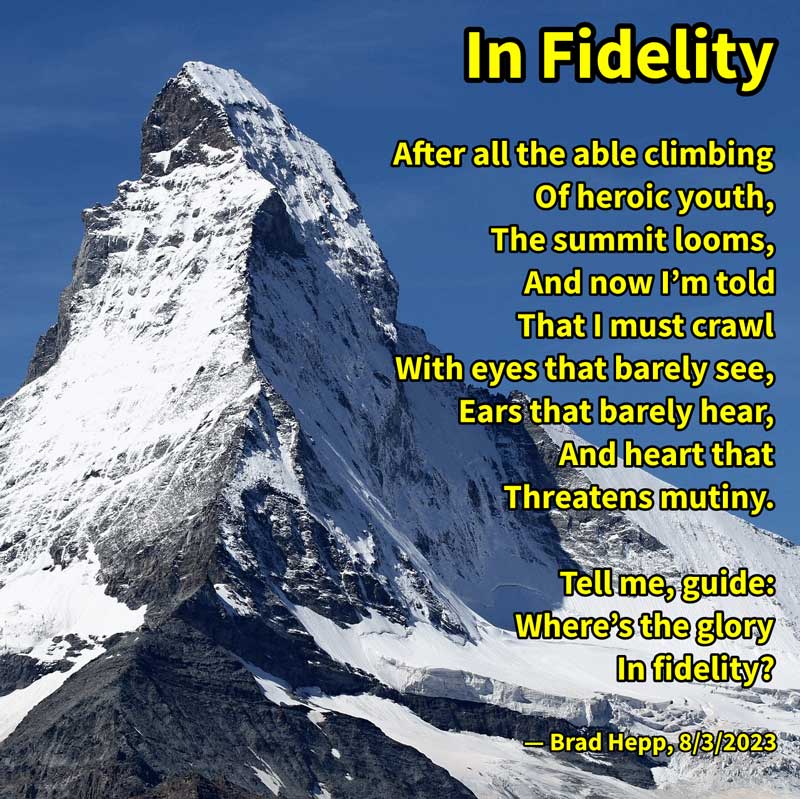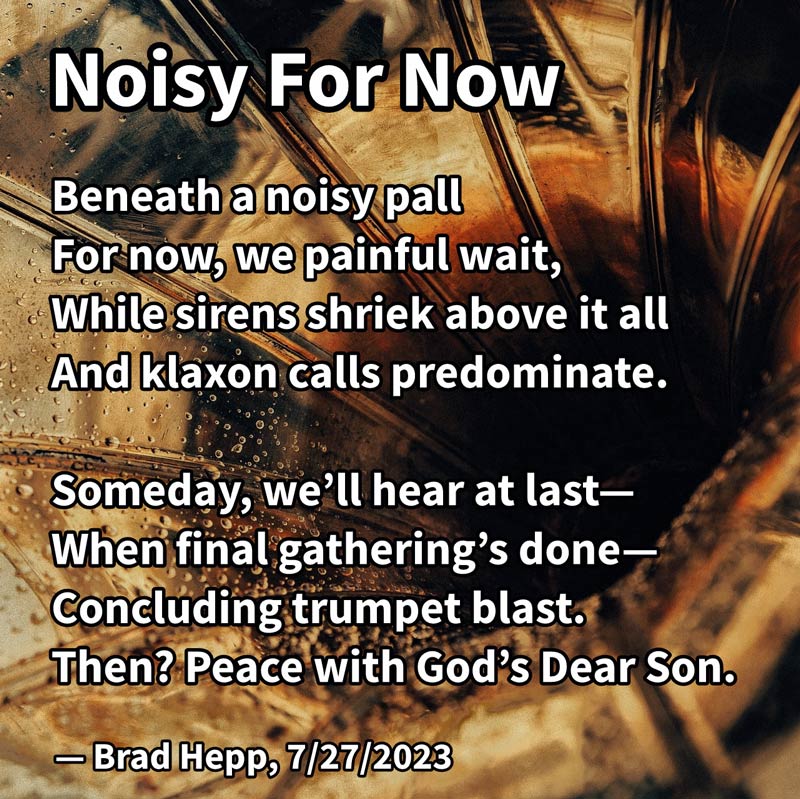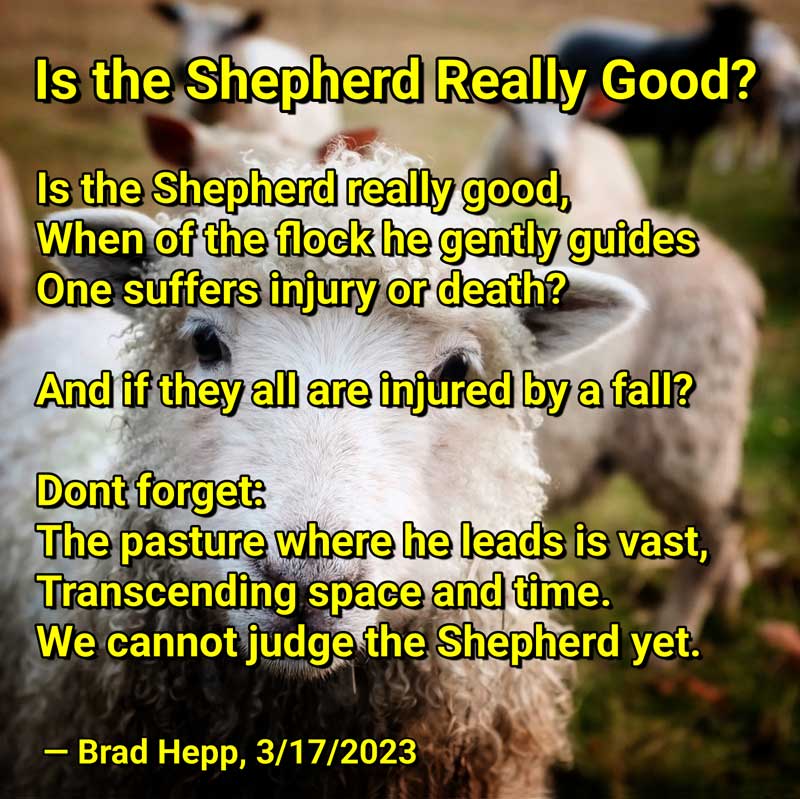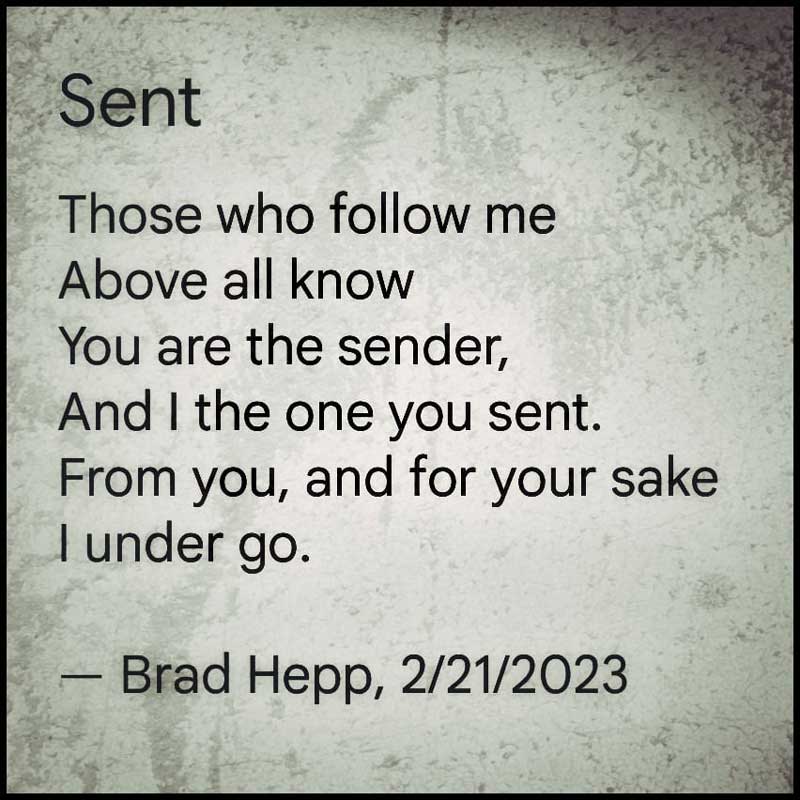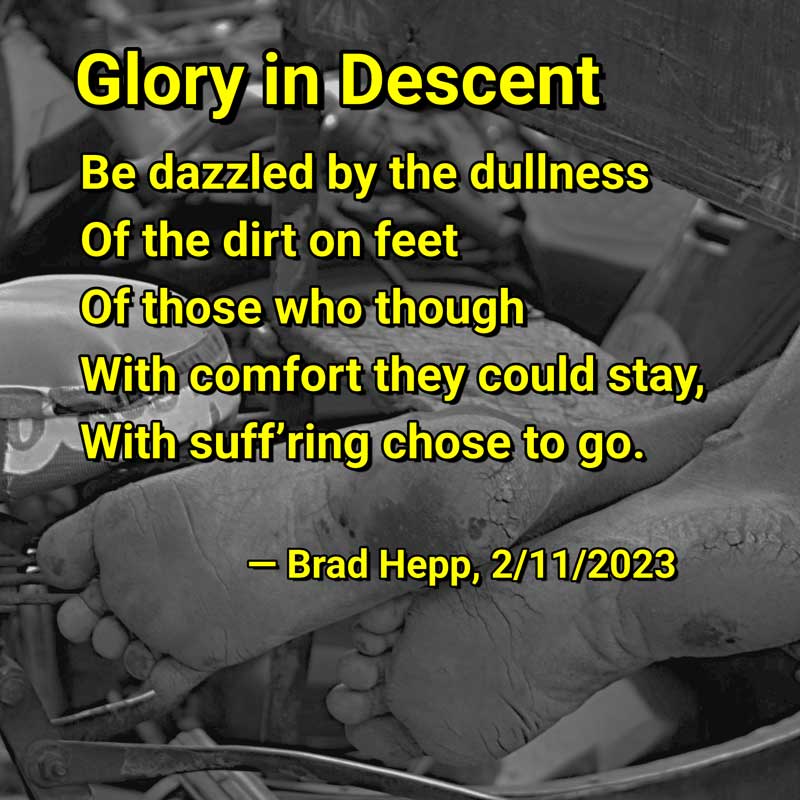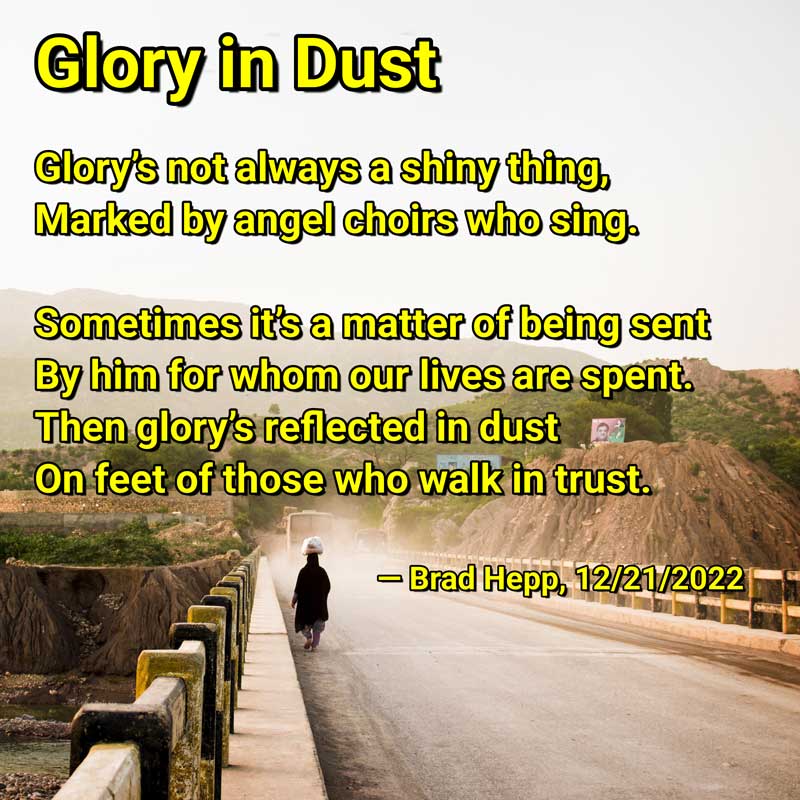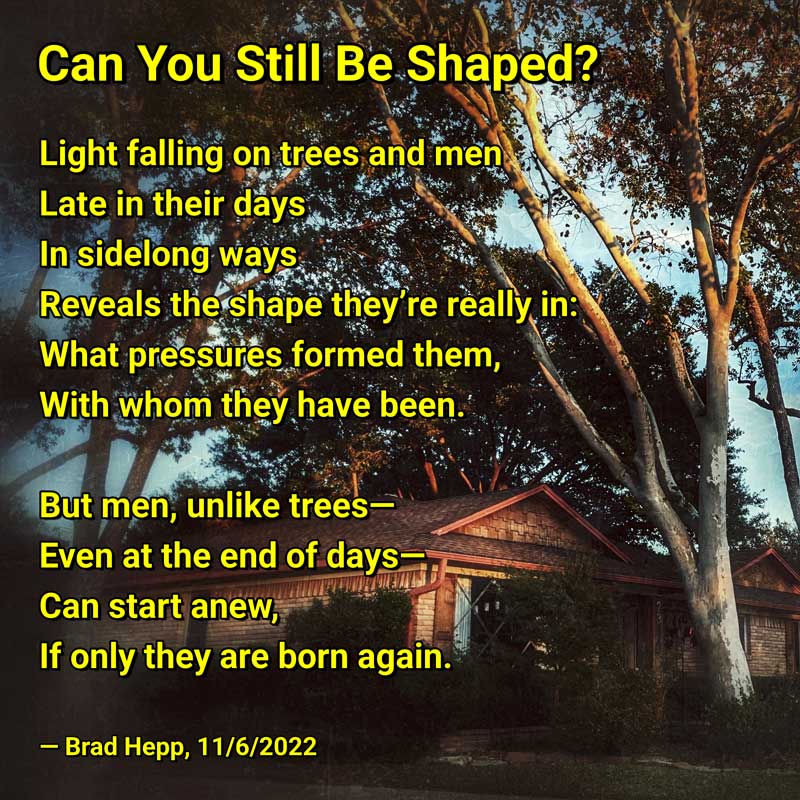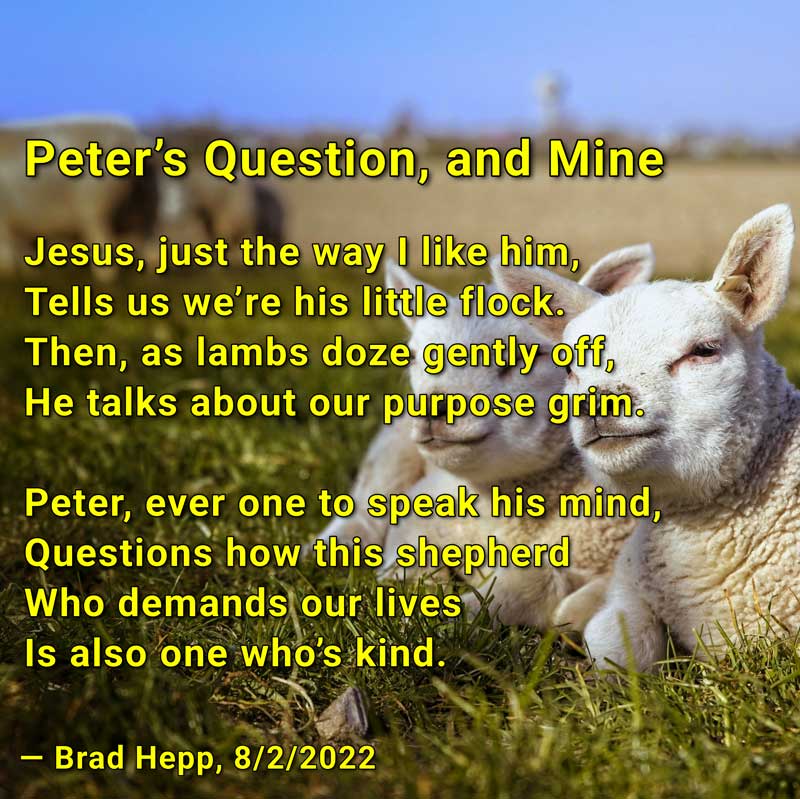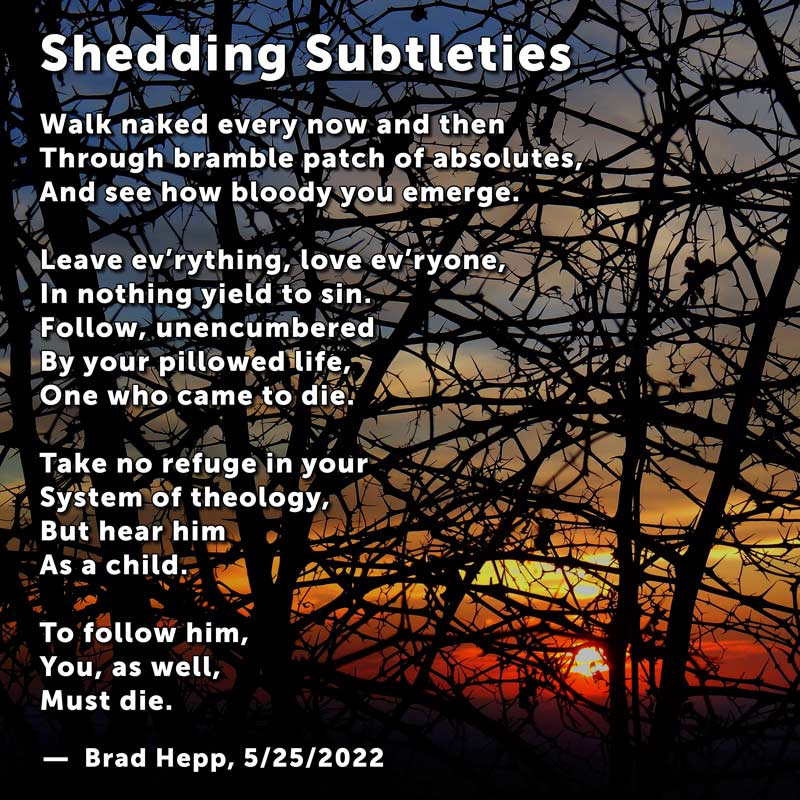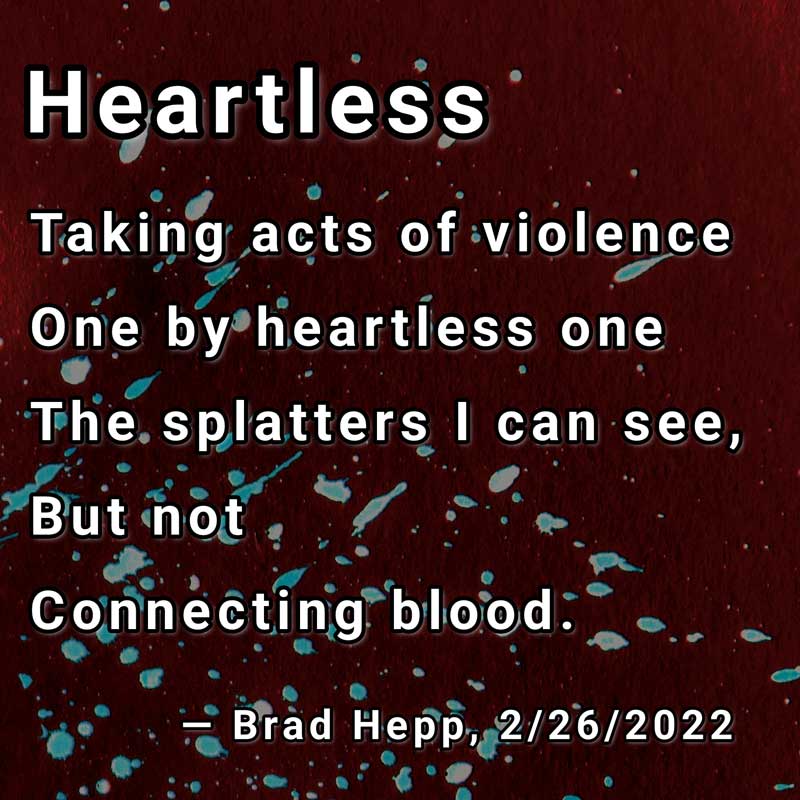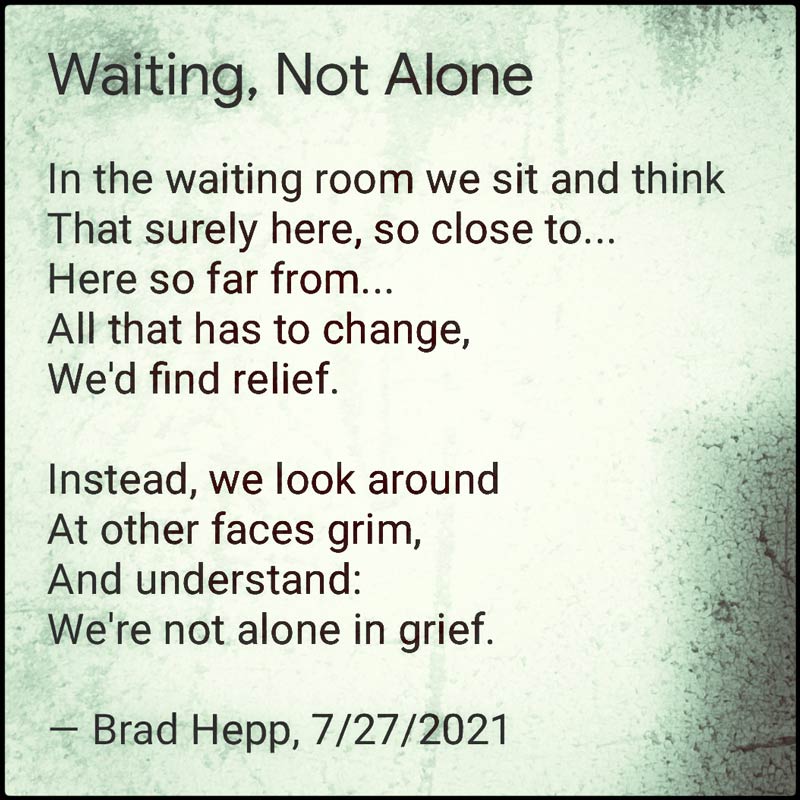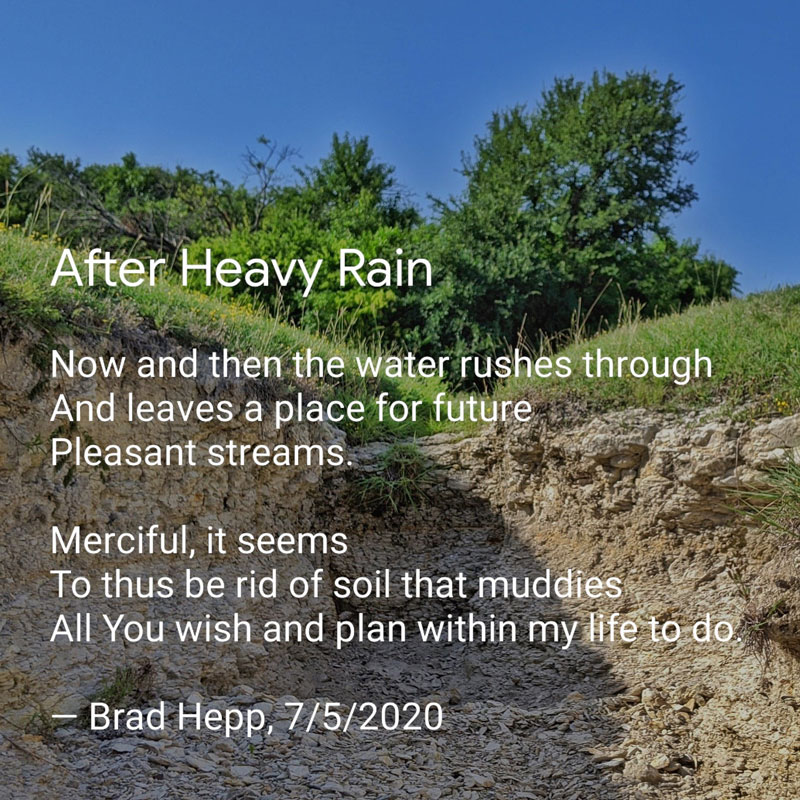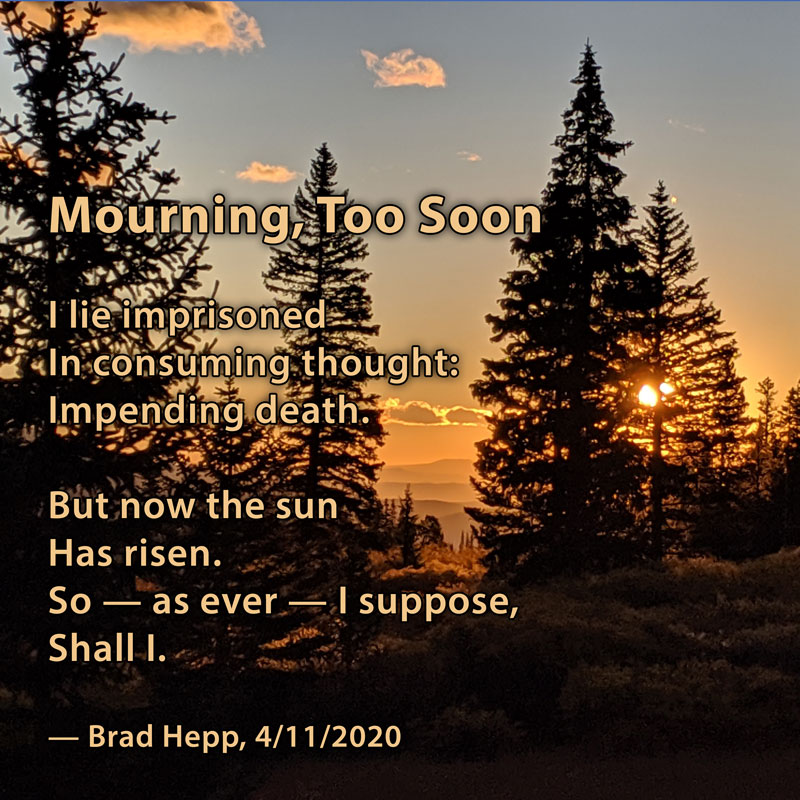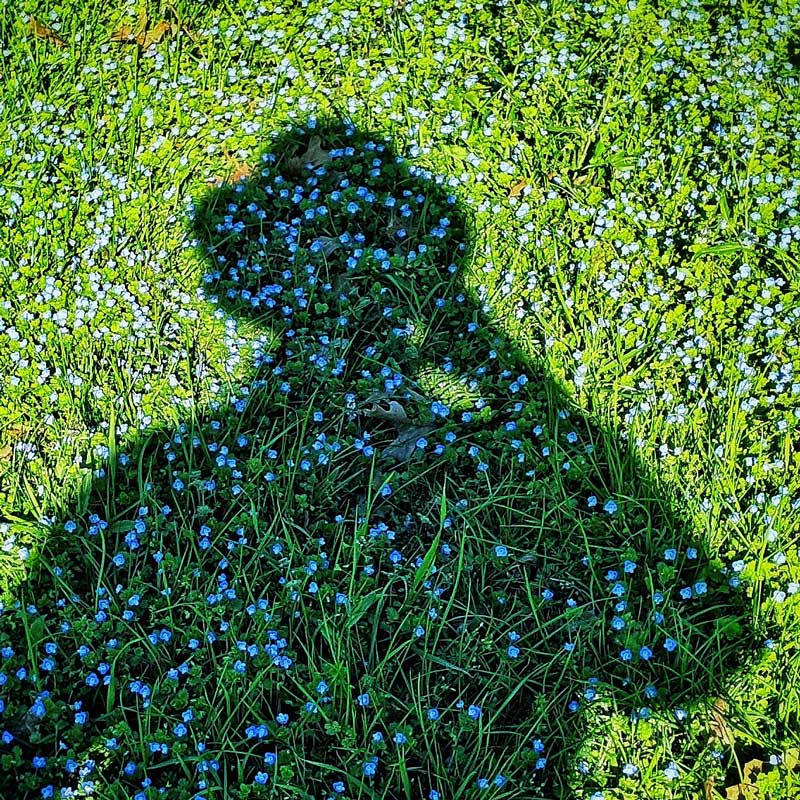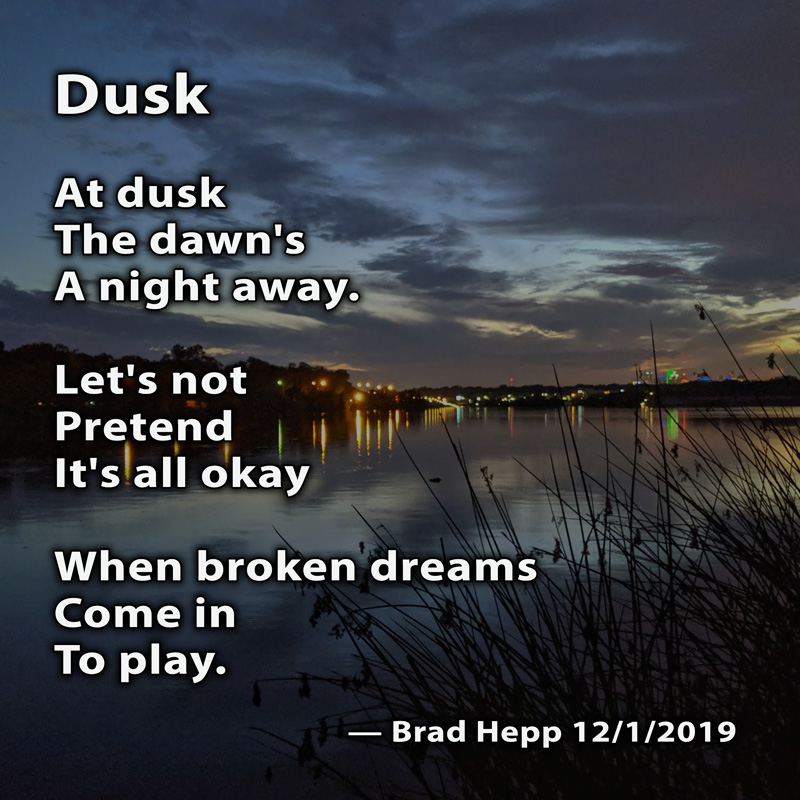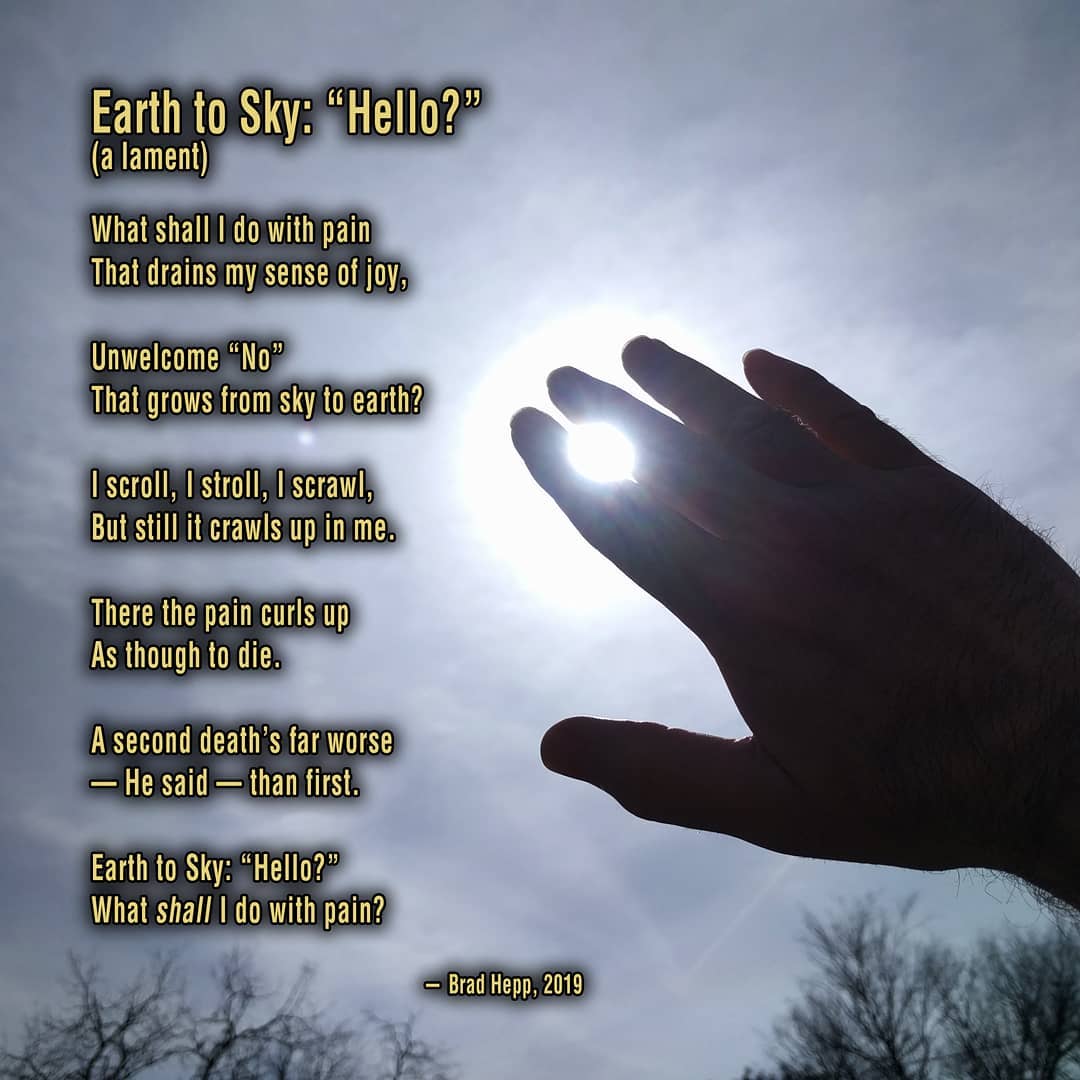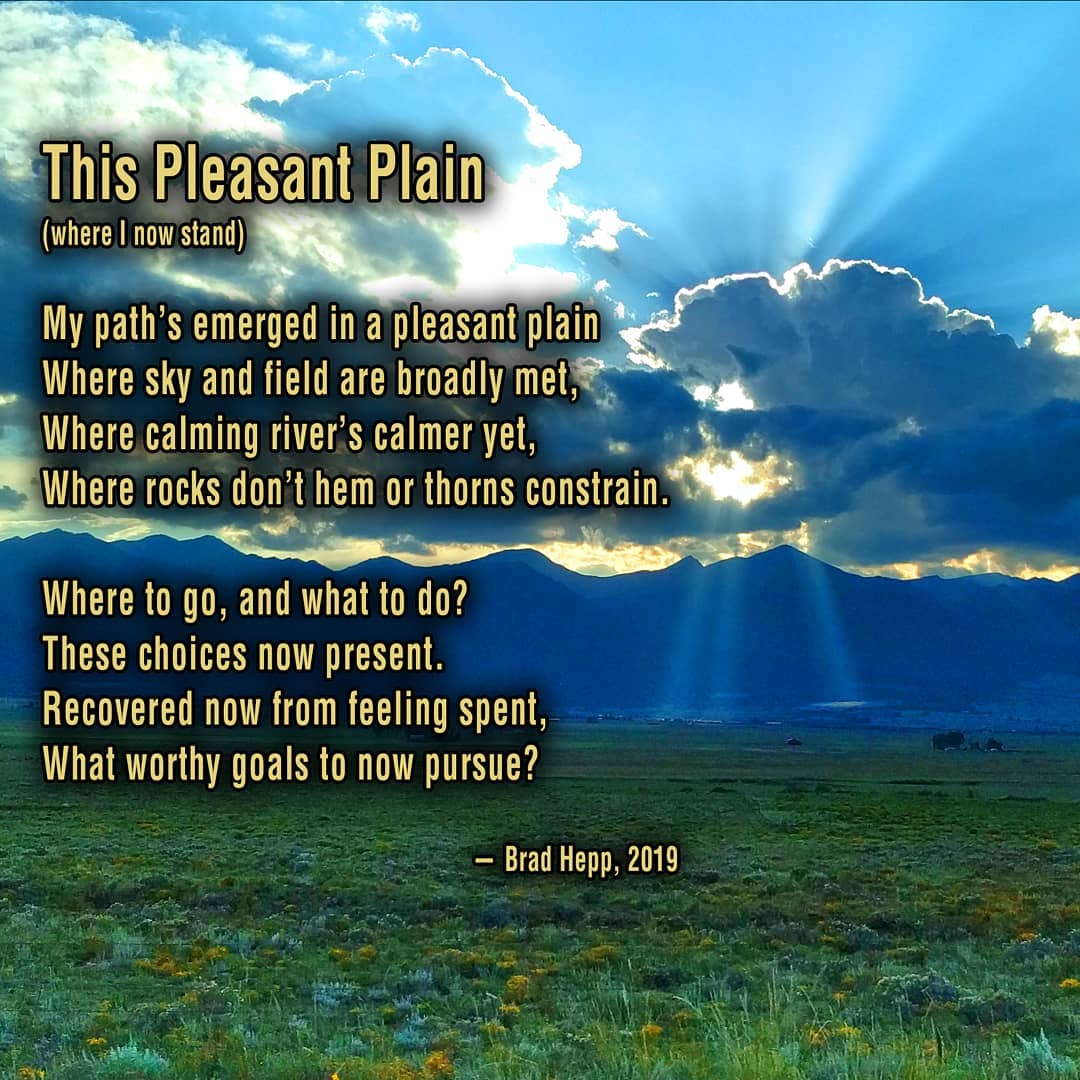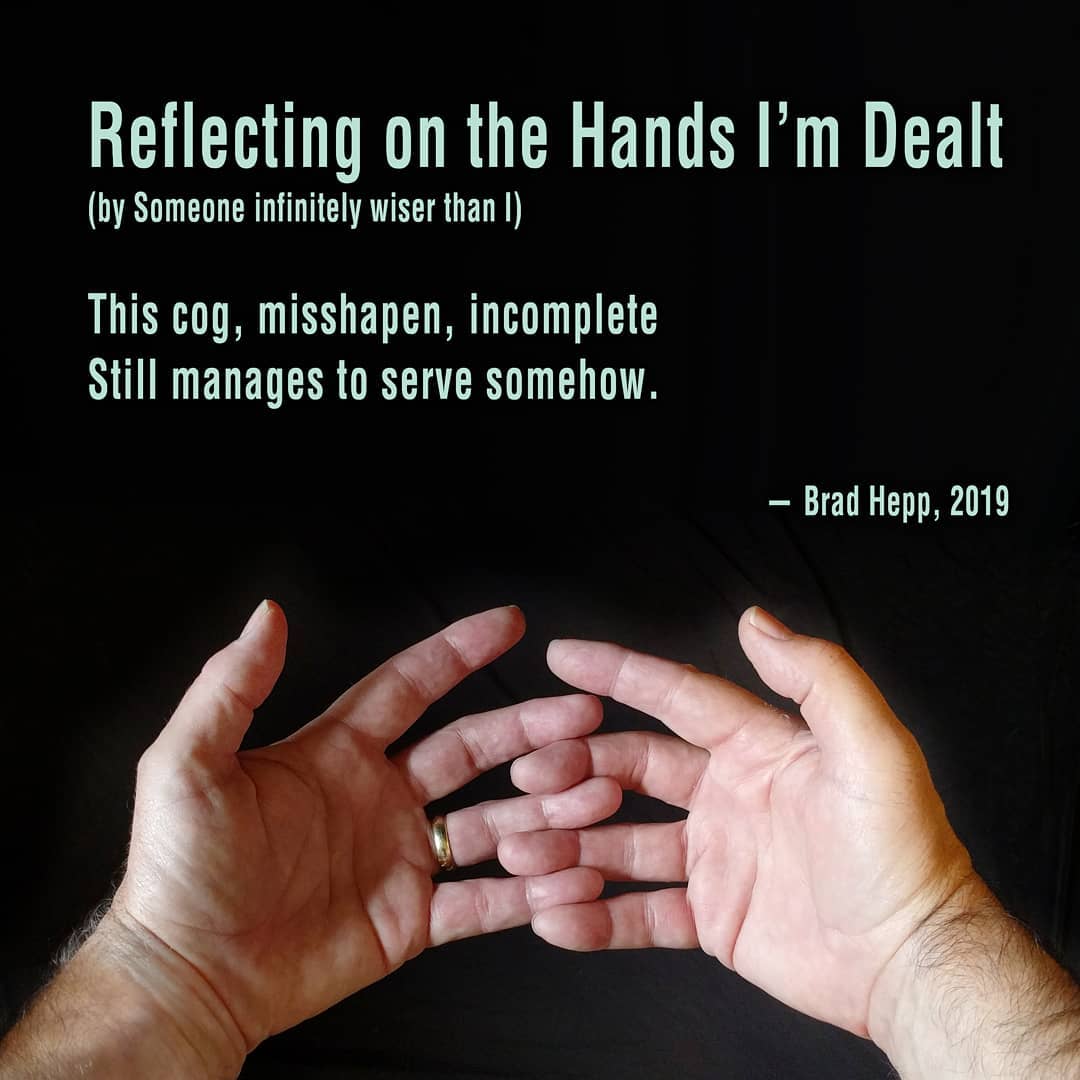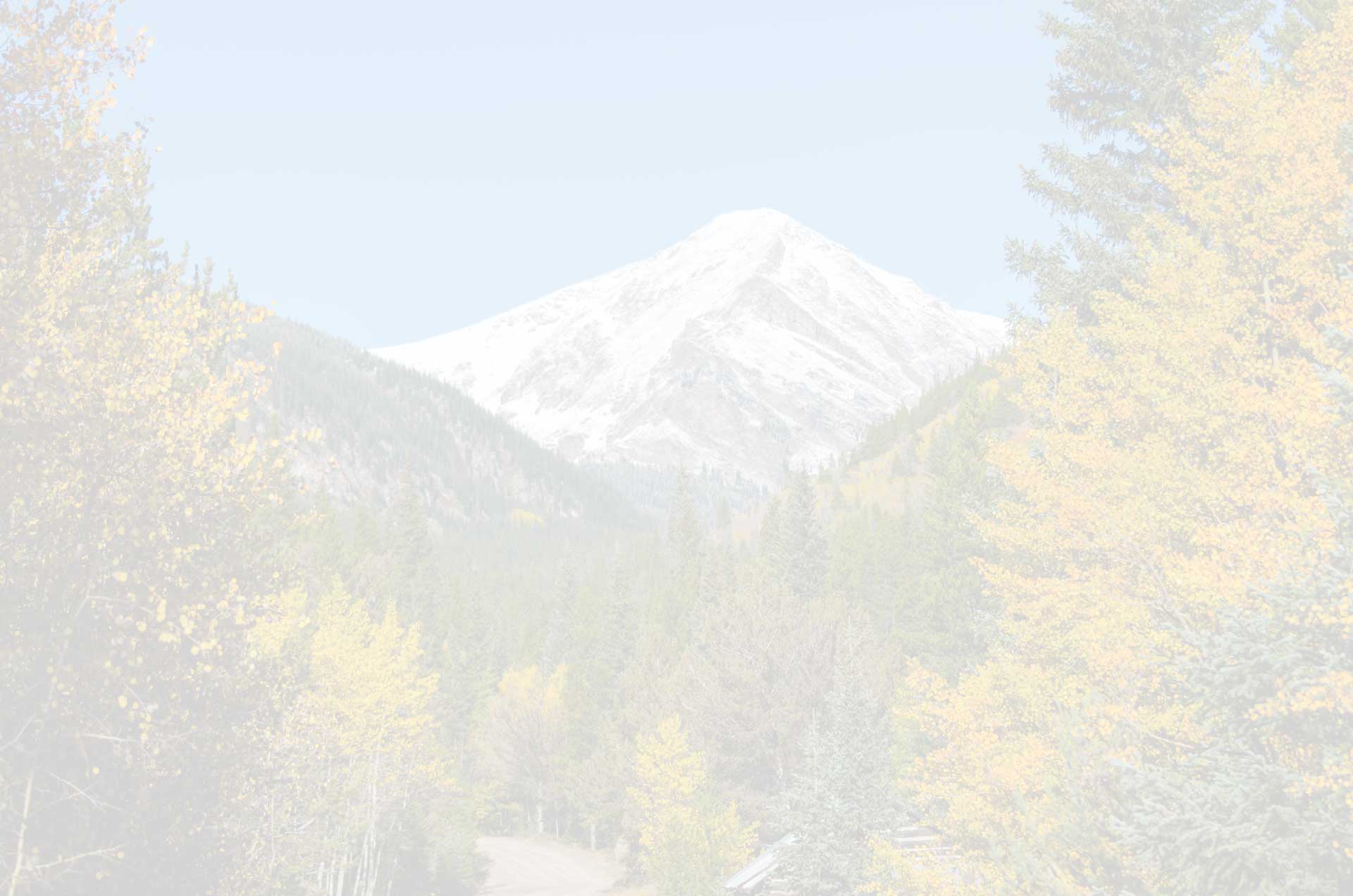(if you are viewing this via email, the website has a recording of this poem and commentary; click the title above)
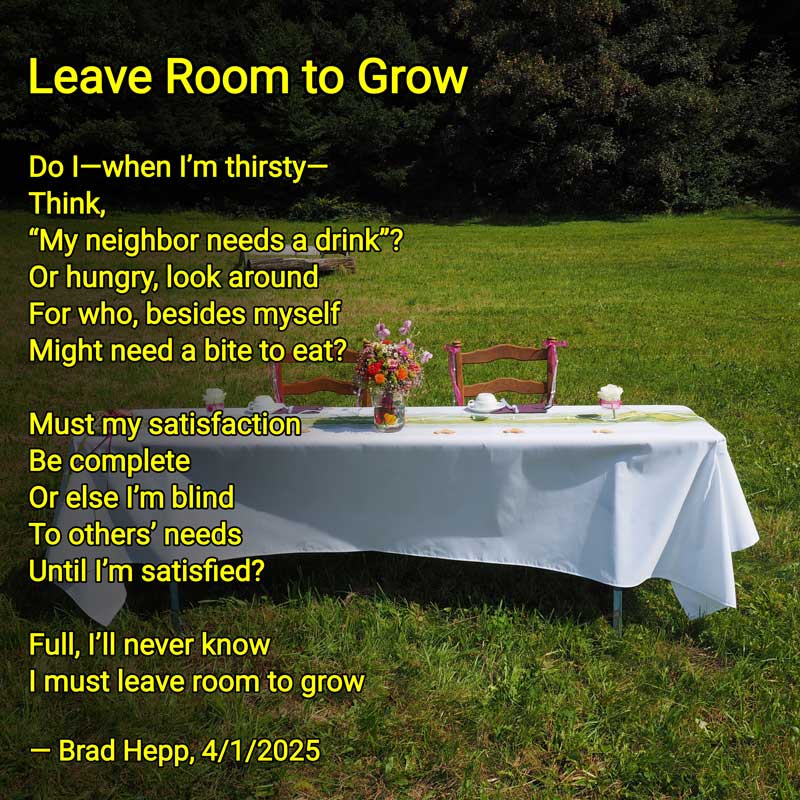
Commentary
I began this poem in February, and I recall a keen insight then about my lingering selfishness. Today, I add the final two lines and title with a prayer that God will indeed cause me to grow more like Jesus as described in Philippians 2.
Being others-oriented with regard to the physical needs of food and drink is pretty elementary. When I grow up, I may extend the principles I learn here to other, less obvious aspects of life. But food and drink are a place to start. Even Jesus fasted. Could we say that fasting was part of him learning obedience? Recall Hebrews 5:8, which reads, “Though he was a son, he learned obedience through what he suffered.”
Where are you full, and need to leave room to grow?
(background image by Hans on Pixabay)
_________
